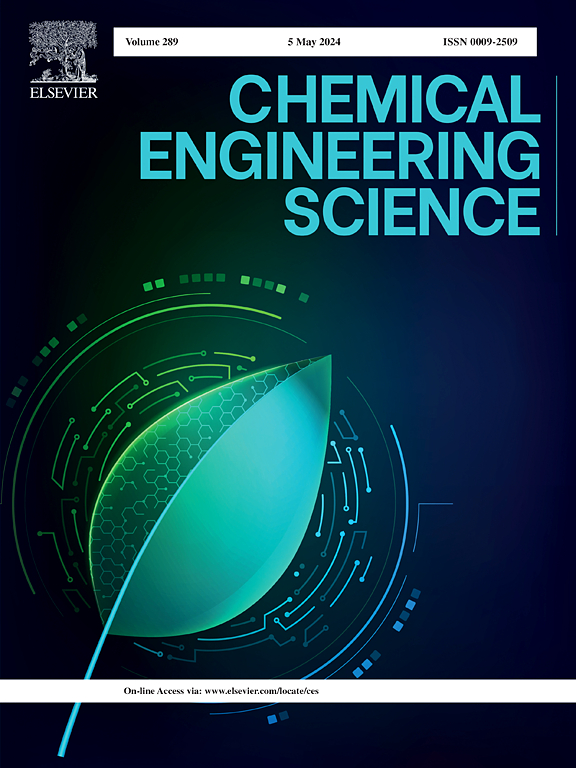A hybrid approach of transfer learning and physics-informed modelling: Improving dissolved oxygen concentration prediction in an industrial wastewater treatment plant
IF 4.1
2区 工程技术
Q2 ENGINEERING, CHEMICAL
引用次数: 0
Abstract
Constructing first principles models is a challenging task for nonlinear and complex systems such as a wastewater treatment unit. In recent years, data-driven models are widely used to overcome the complexity. However, they often suffer from issues such as missing, low quality or noisy data. Transfer learning is a solution for this issue where knowledge from another task is transferred to target one to increase the prediction performance. In this work, the objective is increasing the prediction performance of an industrial wastewater treatment plant by transferring the knowledge of (i) an open-source simulation model, capturing process physics, albeit with dissimilarities to the target plant, (ii) another industrial plant characterized by noisy and limited data but located in the same refinery, and (iii) constructing a physics informed transfer learning model by combining (i) and (ii). The results demonstrated that test and validation performance are improved up to 27% and 59%, respectively.
迁移学习和物理信息建模的混合方法:改进工业废水处理厂的溶解氧浓度预测
对于像废水处理装置这样的非线性复杂系统,建立第一性原理模型是一项具有挑战性的任务。近年来,数据驱动模型被广泛用于克服复杂性。然而,它们经常遭受诸如丢失、低质量或嘈杂数据等问题。迁移学习是解决这一问题的一种方法,它将来自另一个任务的知识转移到目标任务中以提高预测性能。在这项工作中,目标是通过转移以下知识来提高工业废水处理厂的预测性能:(i)开源仿真模型,捕获过程物理,尽管与目标工厂不同;(ii)另一个工业工厂,其特征是嘈杂和有限的数据,但位于同一炼油厂;(iii)结合(i)和(ii)构建物理信息迁移学习模型。结果表明,测试和验证性能分别提高了27%和59%。
本文章由计算机程序翻译,如有差异,请以英文原文为准。
求助全文
约1分钟内获得全文
求助全文
来源期刊

Chemical Engineering Science
工程技术-工程:化工
CiteScore
7.50
自引率
8.50%
发文量
1025
审稿时长
50 days
期刊介绍:
Chemical engineering enables the transformation of natural resources and energy into useful products for society. It draws on and applies natural sciences, mathematics and economics, and has developed fundamental engineering science that underpins the discipline.
Chemical Engineering Science (CES) has been publishing papers on the fundamentals of chemical engineering since 1951. CES is the platform where the most significant advances in the discipline have ever since been published. Chemical Engineering Science has accompanied and sustained chemical engineering through its development into the vibrant and broad scientific discipline it is today.
 求助内容:
求助内容: 应助结果提醒方式:
应助结果提醒方式:


